Should I List My Property on Booking.com?
By: Magge Carado | Created: Mar 14, 2025

Booking.com is one of the largest Online Travel Agencies (OTAs), boasting over 28 million listings and attracting over 100 million monthly visitors. Known for its instant booking system, it provides high visibility for hotels, vacation rentals, and short-term rental properties.
But is Booking.com the right fit for your rental business? Let’s break down its audience, fees, ease of use, and long-term potential to help you decide.
Who are the Guests on Booking.com?
Understanding who uses Booking.com can help determine if your rental is a good match for the platform. Here’s a look at the typical guest demographics:

- Business Travelers – Many corporate travelers book through Booking.com due to its strong presence in business-friendly cities and partnerships with companies. Booking.com partners with major corporations and 90% of Fortune 500 companies, making it a top choice for corporate stays.
- Budget-Conscious Tourists – The platform is widely used by price-sensitive travelers looking for competitive deals, promotions, and free cancellation options. The platform’s daily deals and discounts attract price-sensitive travelers, including backpackers and families.
- Luxury & Boutique Travelers – While not as luxury-focused as Airbnb Luxe or Marriott Homes & Villas, Booking.com still attracts high-end travelers through its growing selection of 5 star properties and boutique stays.
- International Travelers – With over 40 languages supported, Booking.com has a strong global presence, making it a top choice for international guests who prefer well-known and the most trusted OTAs for travelers worldwide.
📊 Fun Fact: Over 50% of bookings on Booking.com are made from mobile devices, meaning hosts with mobile-friendly listings tend to perform better.
Pro Tip: If your property appeals to any of these segments, Booking.com can be an effective platform to reach your target audience.
How Much Are the Commissions on Booking.com?
One of the biggest considerations when listing on Booking.com is its fee structure. Unlike Airbnb, where fees are shared between hosts and guests, Booking.com charges hosts a commission-only model.
Here’s a side-by-side comparison of fees across major OTAs:
| OTA Platform | Host Fees | Guest Fees | Payment Speed | Cancellation Policies |
|---|---|---|---|---|
| Booking.com | 15% commission | No guest fee | 7–15 days | Guest-friendly (hosts bear risk) |
| Airbnb | 3%-15% commission | 14% guest fee | 24–48 hours | Balanced for hosts & guests |
| Vrbo | 5% + payment fees | 12%-15% guest fee | 5-7 days | Host-favored policies |
Additional Fees on Booking.com:
- Commission-Based Model – Booking.com charges a 15% commission on each booking. Unlike Airbnb, where service fees are split between the guest and host, Booking.com deducts this fee directly from the host’s payout.
- Payment Processing Fees – If you opt to use Payments by Booking.com, additional transaction fees may apply. Alternatively, you can handle payments independently via cash or bank transfers.
- Cancellation & No-Show Costs – Since Booking.com allows guests to book with flexible cancellation policies, last-minute cancellations and no-shows can be a concern for hosts.
- Promotion Fees – Booking.com offers paid promotional tools like Boost Program and Preferred Partner Program, which require additional fees to improve visibility.
Compared to competitors like Airbnb (which charges 3%–15% in service fees) or Vrbo (which charges 5% + payment processing fees), Booking.com’s commission structure can be higher, making profit margins an important factor to consider.
💡 Tip: Many hosts increase their base rates by 15% to offset commission fees.
How Easy Is It to Work with Booking.com?
Booking.com provides a feature-rich platform for hosts, but it comes with its own set of advantages and challenges:
Booking.com provides a feature-rich platform for hosts, but it comes with its own set of advantages and challenges:
✅ Pros:
- ✔️ User Interface & Listing Setup – The Extranet (host dashboard) is relatively easy to navigate, allowing hosts to manage pricing, availability, and policies. However, the listing setup process is more detailed than Airbnb and may take longer to complete.
- ✔️ 24/7 Customer Support – Booking.com’s 24/7 support is available, but response times can be inconsistent. Some hosts report delays in issue resolution compared to competitors like Airbnb. However, Booking.com is the only OTA that offers round the clock assistance.
- ✔️ Instant Booking Advantage - No need to approve reservations manually, leading to higher occupancy rates.

Is Booking.com a Good Long-Term Choice for Property Owners?
While Booking.com provides excellent exposure, putting all your rentals on a single platform can be risky. Here’s why:
- Avoid Over-Reliance on One Platform – Algorithm changes, policy updates, or unexpected account suspensions could disrupt your revenue.
- Diversify Guest Acquisition – Different platforms attract different types of travelers. For example, Airbnb is popular with experience-seekers, while Booking.com attracts instant bookers.
- Increase Occupancy Rates – By listing on multiple OTAs (such as Airbnb, Vrbo, and Expedia), you can fill vacancies and maximize your revenue.
- Use Channel Managers – Tools like Guesty, Lodgify, or Hostaway allow hosts to synchronize calendars and pricing across multiple platforms, reducing the risk of double bookings.
| OTA Platform | Market Share (%) |
|---|---|
| Airbnb | |
| Direct Bookings | |
| Vrbo | |
| Booking.com |
📌 Host Tip from Home Team Vacation Rentals: "Implementing a dynamic pricing strategy that adjusts rates based on demand, seasonality, and local events has significantly increased our occupancy rates and revenue. Utilizing data-driven tools to set competitive prices ensures that our properties remain attractive to a wide range of guests." — Home Team Vacation Rentals
Should You List on Booking.com?

Who should list on Booking.com?
✅
Hosts looking for high occupancy rates and exposure to a
global audience.
✅
Properties in urban or tourist-heavy locations that appeal to
business travelers, budget tourists, or international guests.
✅
Hosts who prefer instant bookings and don’t need to screen guests manually.
Who may struggle with Booking.com?
⚠️
Hosts who want to control guest selection or have stricter house rules.
⚠️
Small-scale operators who can’t afford the
15% commission fees.
⚠️
Hosts relying on fast payouts, as Booking.com’s
payment schedule is slower than Airbnb.

Final Thoughts: Is Booking.com Right for Your Rental?
Booking.com is a powerful platform with global reach, a diverse audience, and a seamless instant booking system. However, its high commission fees, guest-favored policies, and payment delays may make it less ideal for all hosts. If your property caters to business travelers, international guests, or price-sensitive tourists, Booking.com can provide significant exposure. But relying solely on one platform is risky. A multi-channel strategy—leveraging platforms like Airbnb, Vrbo, and direct bookings—offers better long-term stability and maximized earnings.
How Home Team Luxury Rentals Helps You Maximize Visibility & Revenue
At Home Team Luxury Rentals, we don’t just list properties—we strategically optimize them across multiple platforms to attract the right guests and maximize revenue. As the fastest-growing independent property management company in the U.S., we use a multi-channel approach that ensures your luxury vacation rental gets maximum exposure across Airbnb, Booking.com, Vrbo, Expedia, Google Vacation Rentals, and Marriott Homes & Villas.
Here’s how we help you succeed:
✅
Multi-Platform Strategy – We optimize and manage your listings across multiple OTAs, reducing dependency on a single platform and increasing occupancy rates.
✅
Luxury Vacation Rental Management – We specialize in high-end properties, ensuring they attract the right guests and command premium pricing.
✅
Data-Driven Pricing & Revenue Optimization – We continuously adjust pricing based on demand, seasonality, and local market trends to maximize earnings.
✅
End-to-End Management – From professional staging and design to guest communication and maintenance, we handle everything, making short-term rentals completely passive for owners.
✅
Nationwide Coverage –
We operate across all 50 states, with a strong presence in key markets like
Florida,
Texas,
California,
Arizona, and
South Carolina.
Instead of navigating the complexities of multiple OTAs yourself, let us do the work. We ensure your property is visible, profitable, and stress-free—so you can enjoy passive income without the hassle.








